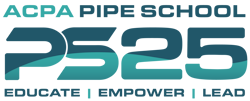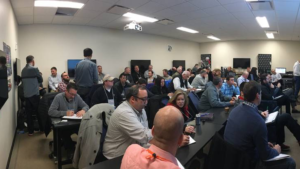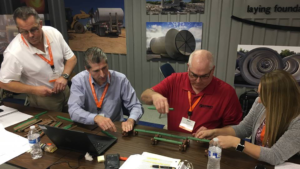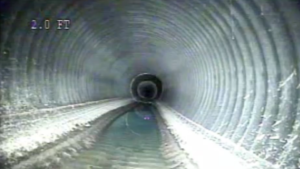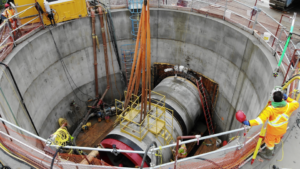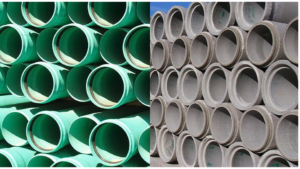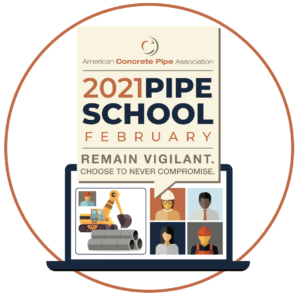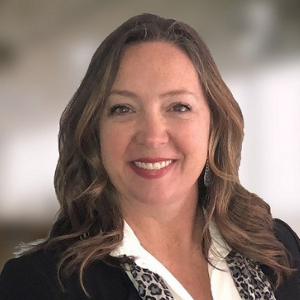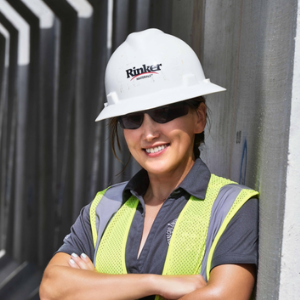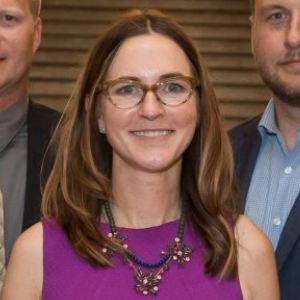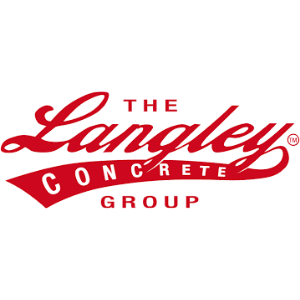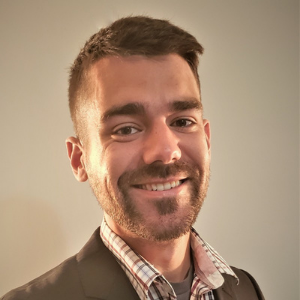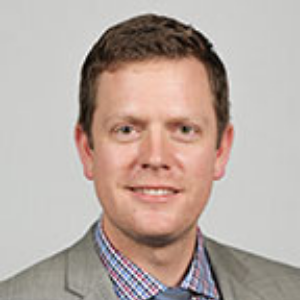Train the Trainer Track Schedule
The Train the Trainer Track will take place Feb 1st-3rd with classes from 12:30pm-4pm CT on Monday, 10am-4pm CT on Tuesday, and 10am-4pm CT on Wednesday.
It’s one thing listening to an instructor deliver a presentation. It’s a totally different experience when the instructor teaches the students how to deliver the topic. Curriculum development professionals are working overtime reshaping several of our industry’s top presentations, crafting instructor manuals and creating recordings for the students. These new tools will provide our industry’s sales, production, marketing and engineer personnel with the proper tools to deliver more presentations in their market. Every attendee walks away with a new presentation, an instructor manual for every class attended and a better understanding on how to effectively deliver the class.
Below is a description of the different classes available during the Train the Trainer Tracks. Click here to see the Technical Track schedule.
Return to Pipe School Schedule Page.
Train the Trainer Class Outline (click to jump to track)
Innovation & Industry Advancement
Design & Installation of Precast Box Culverts
Sustainability, Resilience, & Concrete Pipe
Engineering Ethics: An Engineer’s Point of View
Pipe Installations – Concrete or Thermoplastics – What Difference Does it Make?
Train the Trainer
Virtual Plant Tour
Michael Kusch, P.E. – Foley Products | Al Hogan, P.E. -ACPA.
Learn the inner workings of a concrete pipe plant as we go on a virtual tour inside Foley Product’s Franklin, TN, Plant. Our tour guides will walk through the production process to produce RCP. Students will be have a chance to learn the following:
- How our plants utilize the local supply chain of raw materials
- See the process and timing of combining all the local raw materials into a finished RCP product
- Observe some of the quality control and checks that go into producing a high quality finished and engineered product
- and observe our most important strength confirmation test to confirm our product is structurally adequate before it leaves our plant site
Adult Learning Theory
Speaker: Al Hogan, PE, Southeast Regional Engineer – American Concrete Pipe Association
Every trainer’s goal is to deliver an impactful and engaging class. Adult learners bring experience to the classroom. Drawing from that knowledge helps everyone learn. Training providers and instructional facilitators who recognize and embrace characteristics of adult learners will maximize the benefits for everyone. This class will highlight the best practices and principles of adult education and ways to incorporate them into your training.
Experiential Learning Model
Speaker: Jennifer Harrell, PE, Central Regional Engineer – American Concrete Pipe Association
Experiential learning theory focuses on the idea that adults are shaped by their experiences, and that the best learning comes from making sense of your experiences. Instead of memorizing facts and figures, experiential learning is a more hands-on and reflective learning style. The Experiential Learning Model follows five different steps: concrete experience, publish and process, generalize new information, develop, and application. Each of these steps contributes to accomplishing a learning objective, causing learners to stretch their learning style preference and positively impact the quality of the learning experience.
Industry Leadership Panel
Engage with industry leaders and gain unique insights in this panel put on by the Women in Concrete Alliance, the American Association of State Highway and Transportation Officials (AASHTO), and the American Concrete Pipe Association (ACPA).
The panel, featuring executives at state highway agencies and moderated by Brandye Hendrickson, AASHTO Deputy Director, will provide their perspectives on issues facing every Department of Transportation (DOT) including: building for the future, state funding, challenges during the pandemic, and the engineer’s right to choose. The group of senior leaders will shed new light on pressing topics and provide implementable career tools. Learn more about the panel.
Proper Pipe Installation
Speaker: Corey Fraser, PE, Director – Concrete Pipe Northwest
A properly installed pipe should remain in service for 50 to 100 years with little or no maintenance. ACPA has documented installation practices for both flexible and rigid pipe at the local and state level. The focus of this presentation remains on promoting a solid understanding of installation, specifications, design requirements and material differences for pipe systems. Empower your staff with the ability to properly inspect, design, install and accept both flexible and rigid pipe systems.
Post-Installation Inspection
Speaker: Alena Mikhaylova, PhD, Technical Resource Engineer – Forterra
Installing a new storm system is a long-term investment for any owner. It is important to ensure that the asset will last its’ intended service life without the need for major repairs. Final inspection of the newly installed pipeline is an important final step for the owner to make ensure the pipe has been installed properly. Looking for excessive gaps in the joints, rolled off gaskets, cracks or excessive deflection are the part of such inspection. This class will teach how to inspect any culvert, whether it’s RCP or HDPE, differentiate between cosmetic defect and defects that could cause trouble in the futur3e and severely reduce the service life of the culvert.
Pipe Floatation
Speaker: Jennifer Schaff, PE, Technical Resource Engineer – County Materials
Floating pipes: an occurrence no one wants to see on one of their projects! Learn the basic principles of buoyancy as it relates to underground pipes and culvert design. You will learn three things: 1) Basic theory of pipe buoyancy and susceptible scenarios for pipe flotation, 2) Two different theories to calculate pipe flotation potential, and 3) Tips and rules of thumb to guide you through design.
Innovation & Industry Advancements
Speaker: Heather Christensen, EIT – Technical Marketing Manager – Geneva Pipe & Precast
Innovation is an important aspect of societal development and growth. It has led to incredible inventions that have changed the way humans live and interact with each other. But some innovations can pose risks due to unforeseen consequences after implementation. When it comes to our infrastructure, it is of utmost importance that innovations are implemented responsibly and with the highest regard to public safety. The concrete pipe industry is a great example of how responsible innovations can fuel steady advancements over time. This presentation will discuss the many advancements and innovations that have occurred within the concrete pipe industry that has resulted in the well-understood, resilient and high-quality concrete pipe that is manufactured today.
Micro-Tunneling
Speaker: Brent Schofield, Technical Marketer – Langley Concrete Group
Trenchless technologies have advanced allowing sophisticated trenchless installation to occur in places preciously not thought possible. Saving time, money, disturbances to local community’s installation can still occur. British Columbia, Canada recently began using trenchless technology- Microtunelling to install (3m) precast concrete pipe to serve MetroVancouver, Canada. This course will discussion microtunneling technology, its use, challenges and the end result.
Design & Installation of Precast Box Culverts
Speaker: David Maotcha, Sr. Technical Services Manager – Forterra
Sustainability, Resilience, and Concrete Pipe
Speakers: Riley Dvorak, PE, & Joseph Updike – Forterra
What is sustainability? What is resilience? How do they relate to each other? Why are there so many questions in this course description? Come and find out! Sustainability and resilience have been at the forefront of politics and policy for decades and decision makers today are expected to responsibly employ sustainable and resilient measures to secure the future of our environmental, economic, and societal infrastructure. When it comes to drainage products and the vast range of differences between industries of different pipe materials, it is increasingly important to take resilience and sustainability into consideration at a foundational level. This course will dissect how sustainability and resilience can be measured, and how pipe material selection can affect our society and the future of our infrastructure.
Engineering Ethics: An Engineer’s Point of View
Speaker: Tryg Hoff, PE, Northeast Regional Engineer – American Concrete Pipe Association
Engineering ethics is more than an just a rosy ideal, it is the very foundation of our profession. This course will take a dive into micro, macro, and meta ethics with a closer look at recent ethics cases and a few of the historical cases that changed the expectation of engineering practice. We will also explore the common canons of Ethics with a focus on the responsibility to hold paramount the safety, health, and welfare of the public..
Pipe Installations – Concrete or Thermoplastic – What Difference Does it Make?
Speaker: Don McNutt, PE – American Concrete Pipe Association
There are several similarities and then quite a few significant differences in the requirements for proper installation of reinforced concrete pipe and thermoplastic pipe products. Concrete pipe installations are based on ASTM C1479 and thermoplastic pipe installations are based on ASTM D2321. This class will provide a side by side comparison of these two unique specifications.
